The Big Picture
- Collider's Perri Nemiroff talks with Dune: Prophecy s tars Emily Watson and Olivia Williams.
- Watson theorizes about Valya's ruthless ambition, her willingness to sacrifice for the mission, developing her character through Jessica Barden's performance, and sharing scenes with Jade Anouka.
- Williams discusses how Emma Canning played a major role in the development of Tula, why she had to constantly be on her A-game on set opposite Chloe Lea, and how Tula's quiet demeanor hides her capability for violence but does not forgive it.
The plot is ever-twisting and turning in Max's prequel series Dune: Prophecy, as Houses and the Sisterhood continue vying for power. Since the arrival of the mysterious and gifted stranger, Desmond Hart (Travis Fimmel), Mother Superior Valya Harkonnen, played by Emily Watson, and her sister Tula, played by Olivia Williams, find their grasp on the universe's politics slipping through their fingers like spice.
Even long before Mother Superior Raquella Berto-Anirul (Cathy Tyson) appointed Valya her successor, the Harkonnen sisters have been pulling the strings at the Sisterhood and making deadly moves. After Episode 4, it's revealed that Valya truly will stop at nothing and that no sacrifice is too great for the cause — Sisterhood above all, after all. And though her sister's cunning is worn more freely on her sleeve, Tula is hardly blameless.
In this interview with Collider's Perri Nemiroff, Watson and Williams discuss how Jessica Barden (Young Valya) and Emma Canning (Young Tula) were crucial to finding their characters and how sharing scenes with Jade Anouka (Sister Theodosia) and Chloe Lea (Sister Lila) helped push their own performances. They dig into the psyches of their characters post that Episode 4 reveal with Sister Theo and their most recent kills, and question whether their characters are affected by these murders going forward. You can check out the full conversation in the player above, or you can read the transcript below.
Jessica Barden and Emma Canning Were Crucial to Developing Valya and Tula
Watson and Williams also highlight how Chloe Lea and Jade Anouka impacted their performances.
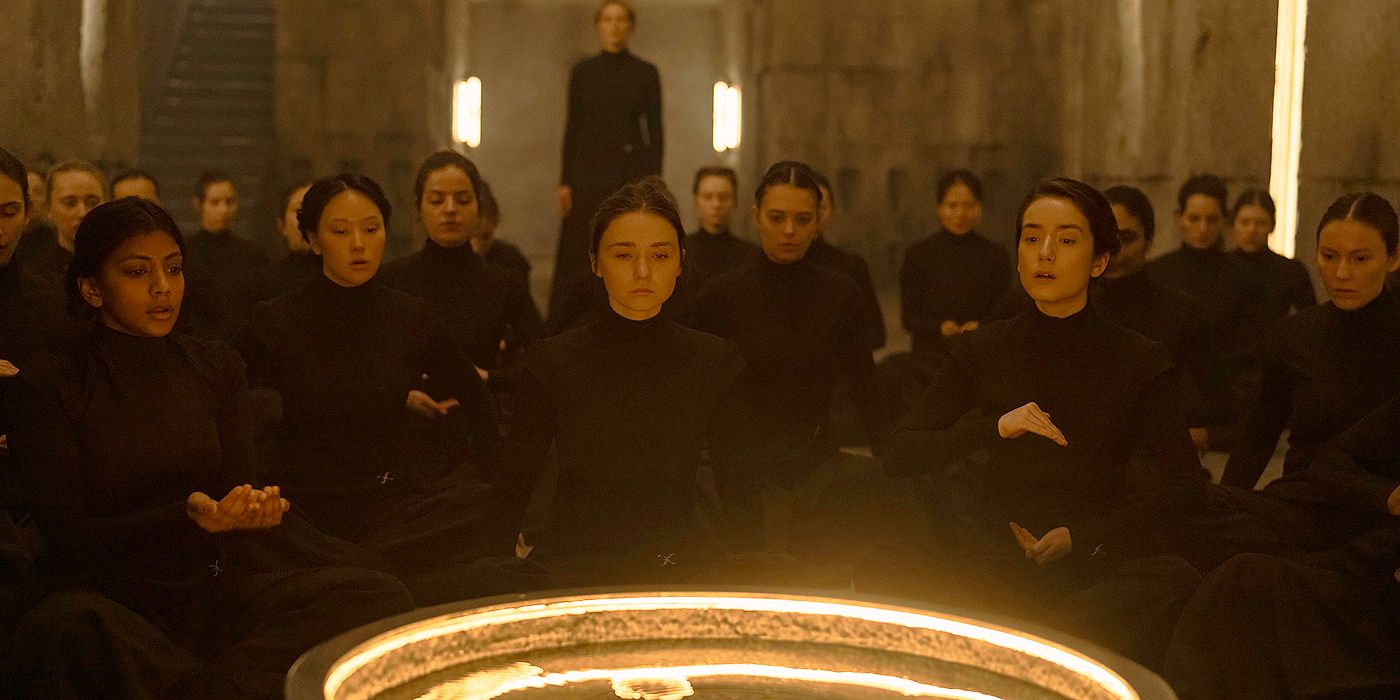 Image via HBO
Image via HBO PERRI NEMIROFF: I wanted to start with a big, broad question about finding your characters. Another actor explained this to me recently and I've gotten a little obsessed with the idea; when you start a new show it can be scary because you're on unstable ground, but then you have that moment where you do something, and you know you have just found who they are. Did you have that with these characters, and if so, when?
EMILY WATSON: That's a good question.
OLIVIA WILLIAMS: For me, it was weird to find because, actually, the thing where you find out who Tula is is played by another actress.
She’s so good!
WILLIAMS: I know, it’s annoying, isn't it? Damn her! [Laughs] No, Emma [Canning], thank you for giving me the scenes I needed to build to that.
WATSON: Yes, I have to say, I feel similarly. Jessica [Barden], what she embodied was the rage, the absolute rage that could burn down the walls. As an older woman, Valya has learned to control that and channel it and use it. But it's there. It's firing everything.
The other thing I really wanted to ask you both about was the value of a good scene partner, and the two that I wanted to focus on were Jade [Anouka] and Chloe [Lea]. In the show, their characters are your characters’ favorites, and when you have a favorite, I imagine that helps you find something in your own character via that relationship. What's something about the two of them as scene partners that helped you reach something new in Valya and Tula?
WATSON: In Theodosia, Jade's character, Valya sees somebody who is absolutely devoted to the cause, who will sacrifice everything for the Sisterhood — “Sisterhood above all.” She is the one who can really deliver that. And she does to her what was done to Valya by Mother Raquella, which is, “I see you. You’re special. Come with me. Put yourself to the use of the mission.” It's a very dangerous thing to do, to tell somebody that they're incredible and powerful and important, and part of the destiny of mankind. It's a recruiting tool, and it's very powerful. And Theodosia not only repays it with a great sacrifice but also an act of love, which is to appear to her as her brother, who is the great loss and love of her life, who all the rage, all the fury, all the frozen heart that she has, it's all about that.
It's one heck of a reveal at the end of Episode 4.
WILLIAMS: One of the main things that I experienced as an actor working with Chloe Lea was, “I better step up my game.” She is such an incredible actress and youth, and she seems so much younger, physically, than she actually is, but the wisdom of her performance. So, yeah, she raised the bar. When we had a scene together, I had to play every complexity. I had a drama teacher who was old enough to be Prussian — so, look it up — and he had this wonderful phrase. He said to me, “Ducky, your subtext is showing.” I could not show my subtext with Chloe because she was so clever she would read it like that. And so to play the big scene I had with her, which is, “Come and visit your mom, it's going to be great,” I had to play the sincerity because any chink in the armor, she'd have been on it.
"Sisterhood Above All"
Watson discusses Valya's relationship with Theodosia and using prophecy as a tool.
I have so many things to follow up on. The first thing that crossed my mind, Emily, because you brought up Mother Raquella, this is a little more of a theory question, but it's something that I keep thinking about. If Mother Raquella didn't call Valya to her deathbed and say that she wanted her to lead, do you think she would have followed the exact same path?
WATSON: That's a very good question. First of all, we had Cathy Tyson in that role, and to us, she's an icon. She's an absolute legend. So, that was a very powerful thing. Anyway, I don't know. Earlier in the story, when you see in the flashback in Episode 3, there's a moment that I found terribly powerful and disturbing when all the sisters have been told they're only allowed to return inside to take their place in the Sisterhood if they swear allegiance and say, “Sisterhood above all,” and she can't do it. That's the moment, when she's got all this explosion of fear and doubt, and that's the moment when Raquella really sees her and goes, “You're special.” So, the deathbed scene is a confirmation of that, but I think it's already been planted.
I did want to follow up on Theo's power a little bit as well. As far as I know, when you sign on for a show like this, you often only get a couple of scripts, and then you learn more about your character along the way as you make it. What was your very first reaction to finding out what Theo does for her, and how did that change the character for you?
WATSON: I’d sat down with Alison [Schapker], the showrunner, and been given a bit of a heads-up on what the relationships were, so I knew that that was coming down the pike, even though I hadn't seen the script yet, that she was uniquely useful. Theodosia is clearly a brilliant embodiment of all these kinds of powers that we had, and that she can do shapeshifting, which is an extraordinary skill, but that also her background — basically, in the Dune universe, those people are the product of a kind of Mengele-type scientific experiment, and so her background is abusive. Also, she's a wanted person in the Imperium. She's in great danger, so she finds refuge in the Sisterhood. All of those things make her a perfect victim, really, of my ambition and recruitment. It's a pretty powerful tool.
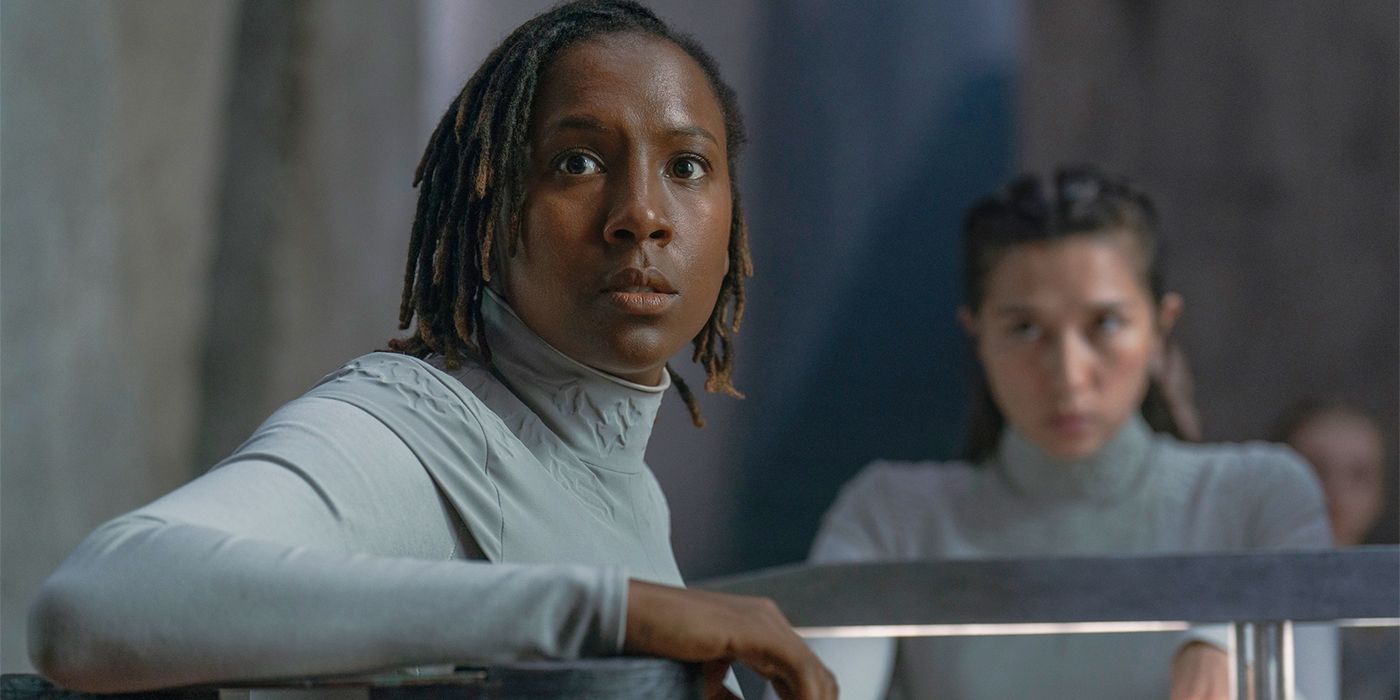 Image via HBO Max
Image via HBO Max Here's another thing that that reveal was making me think about; when the show opens, there's a voiceover from you, and you say something to the effect of, “Is there more truth in history or prophecy?” Initially, I would have assumed prophecy, no-brainer, but given how tethered she is to her own history, do you think it's that black and white for her?
WATSON: I think there's a sense that prophecy casts itself as something that's kind of god-given; it's a vision of the future that is inspired by some divine power. But actually, what prophecy is in their universe is manipulation. It's us. We're going to sow seeds that then look like they're great, inspiring events.
WILLIAMS: Don’t tell them it isn’t real! [Laughs]
WATSON: It's controlling the narrative. That's what prophecy is.
"Look out for the quiet ones."
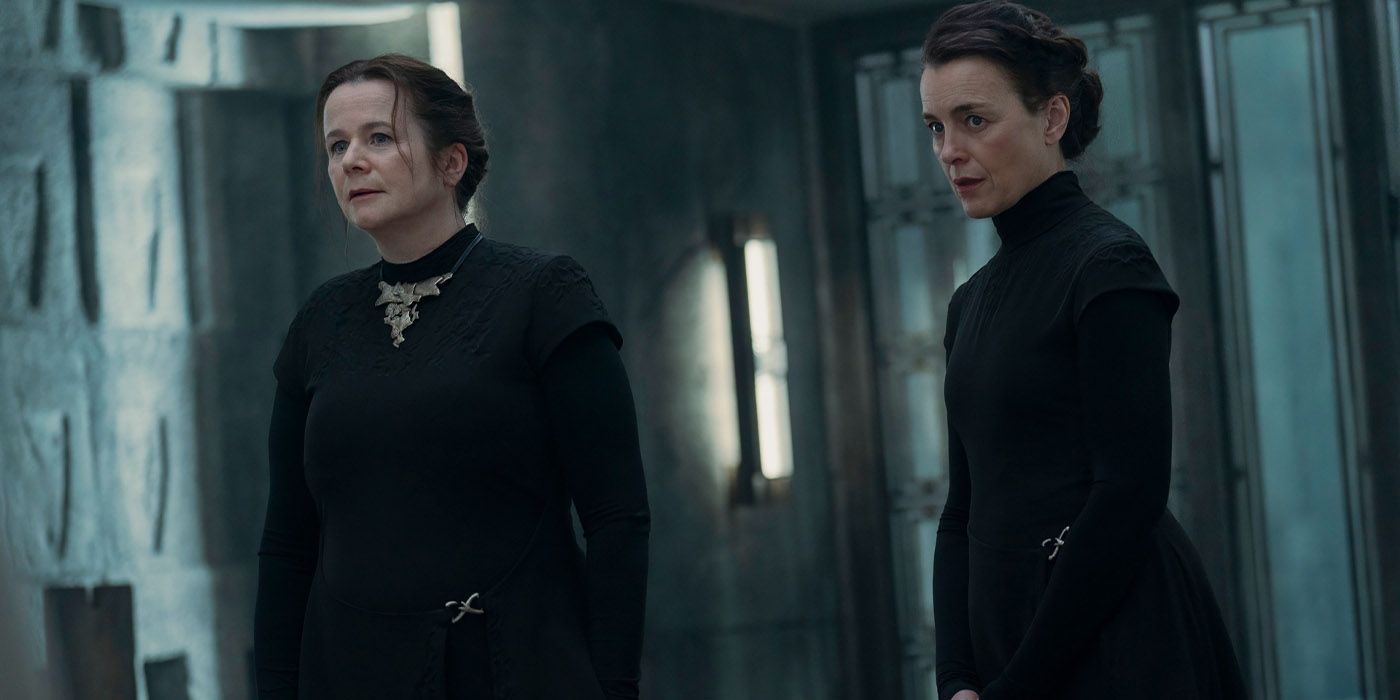 Image via Max
Image via Max Olivia, I'm going to ask you a somewhat similar question about learning what happens to your character in Episode 3. Is that something you were told about in advance, and if not, when you found out what Tula did in her youth, how did that change the character for you?
WILLIAMS: I'm very bad at reading scripts. I was in a movie once called The Sixth Sense, and I remember watching it like, “He’s dead?”
Are you serious? [Laugh]
WILLIAMS: [Laughs] I did know, but it was a bit like that, and so it took me a few days. What happens in Episode 6, I literally was going back through, going, “What? Hang on a goddamn minute!” I'm very gullible, very easy to surprise. It all came as a shock.
Just because she cries a lot. You can cry and kill someone in the same heartbeat. Look out for the quiet ones.
16:28
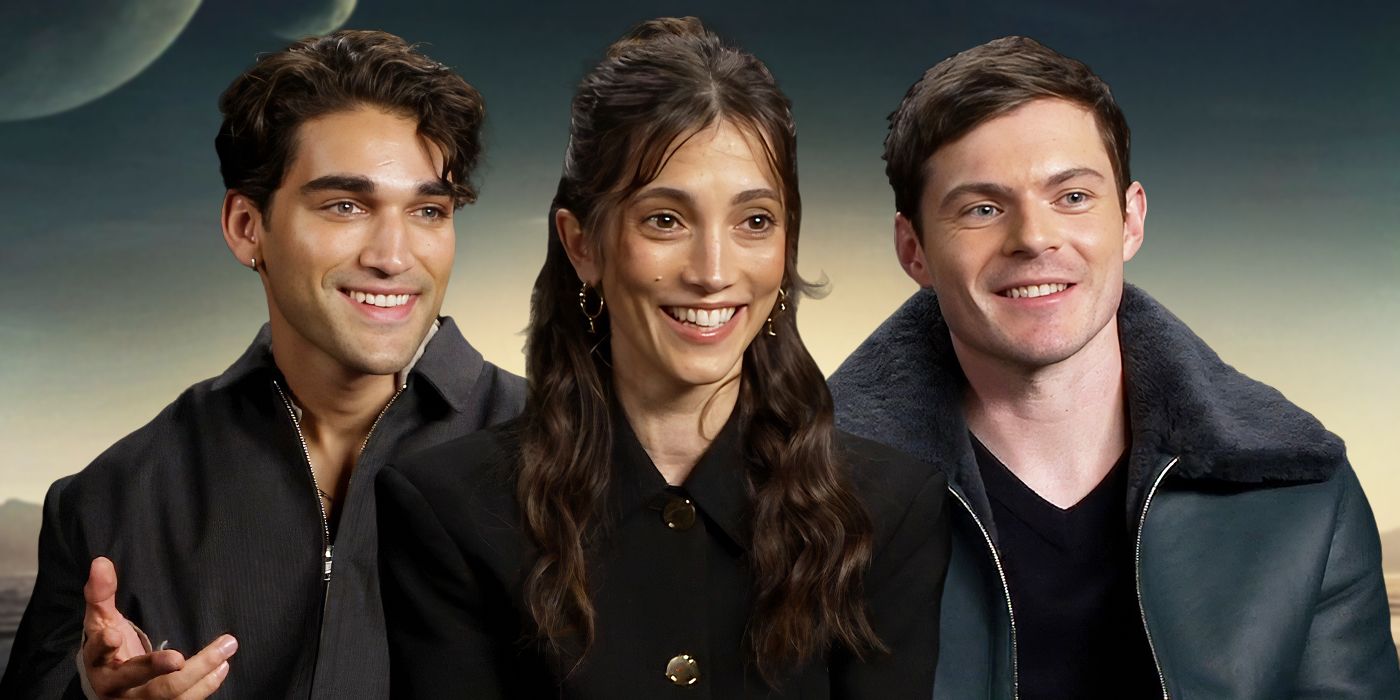
Related
Is 'Dune: Prophecy's Ynez the Greatest Threat? Sarah-Sofie Boussnina Insists "No One Can Stand in the Way of [Her] Plan
Josh Heuston, Sarah-Sofie Boussnina, and Chris Mason talk Episode 1 spoilers and the real-life inspiration for their characters.
Given the fact that your characters both kill someone in Episodes 3 and 4, I'm curious to hear how your answers to this question might differ. How do they carry these kills with them? Or is it a matter of, “I did what I did,” and just moving on?
WATSON: For Valya, yes. I think it was necessary. Anybody who threatens the mission needs to go. The fact that it's fueled by vengeance and family vendetta is beside the point. But Valya is really a shock. She just does what is necessary, and any other considerations are pfft.
WILLIAMS: With Tula, it's this question of if you do something dreadful and then feel bad about it, does it make you a better person?
WATSON: Valya is more honest, I think.
WILLIAMS: Every time I use a single-use plastic, I feel really bad about it, but I still drink water. Do you know what I mean?
That's a more important thing. I was thinking every time I use a restroom and don't change the roll of toilet paper …
WILLIAMS: You don't do that?!
No, of course I do because I’d carry that guilt with me forever!
WILLIAMS: [Laughs] But yeah, it's the hypocrisy of the bleeding heart liberal, but I'm going to stick with it. Yes. If you do something bad and you feel bad about it, you're a better person than someone who doesn't. I just canceled myself. Oh, god. [Laughs]
Emily Watson Reveals 'Dune: Prophecy's "Main Baddie"
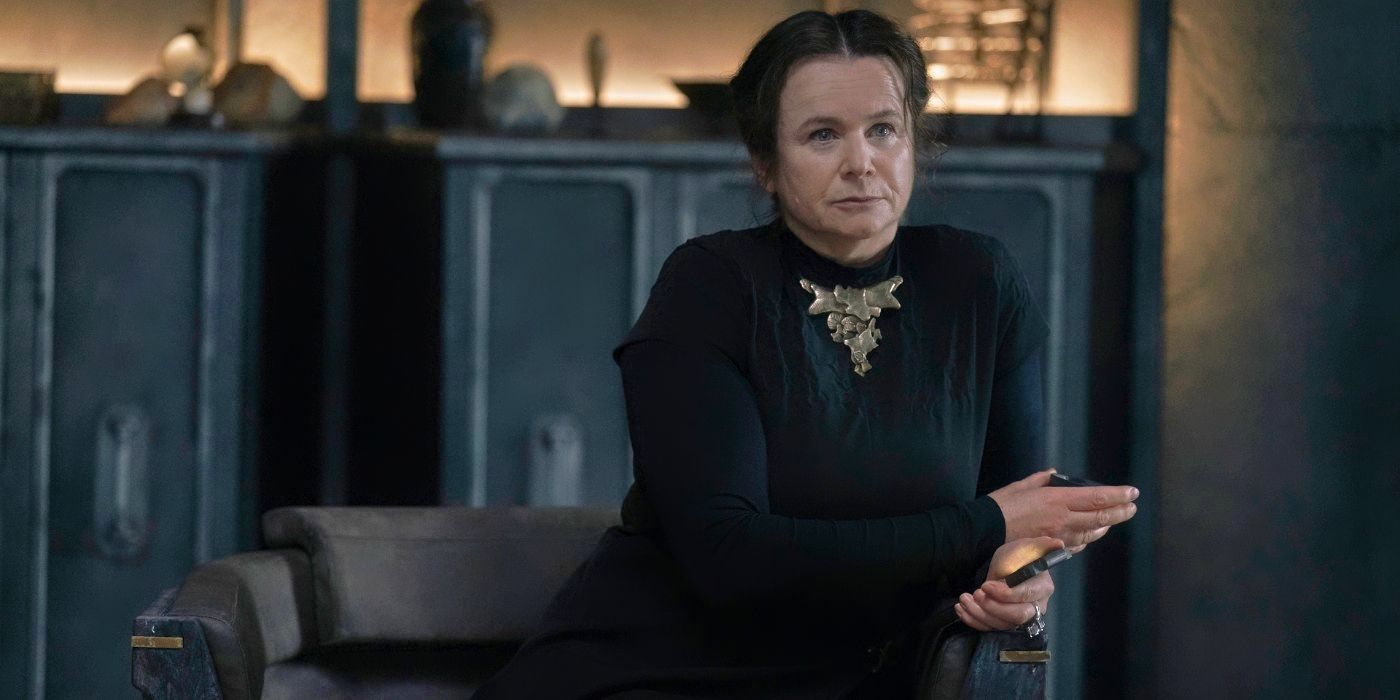 Image via HBO
Image via HBO Given how much has happened through Episode 4, I'm curious about both of your answers to this particular question. At the very beginning of the show, what do you think your character feared the most, and now, given what has happened, is that fear the same or something else?
WILLIAMS: Fear is a very, very loaded word in this show.
That it is.
WILLIAMS: Well, my character’s the nerd, and she says that fear, a bit like rabies, is something's going on with your biome. It's like they're tracing gut bacteria to depression. It's like this fear that runs through them all is infectious.
WATSON: In a way, if there's a main baddie, the main protagonist in this show, it’s fear. And that's what we have to get past.
WILLIAMS: And it's so relevant today because we are all being persuaded, this week particularly, to be afraid and to act out of fear.
All too true.
To end on a positive note, I've become a little obsessed with this idea because I was just talking to a director who heavily highlighted how exciting it was for him to see his cast and crew take such pride in their work and have such joy on set. For each of you, can you recall the particular moment of making Dune: Prophecy that brought you the most joy as an artist?
WATSON: I think the very first few days we had with the all the girls in the Sisterhood. There was a tent by the side of the set where we all gathered and it was so overwhelming. It was like having my teenagers’ friends over. Just an overwhelming sense of excitement and joy, and that has really lasted. We've managed to make a company of proper friends, and that's a really gratifying part of our job is to lead that sense of, “We're all here for each other. We look out for each other,” and it's a really nice thing to be able to do.
WILLIAMS: We had a great makeup bus on this. A woman called Kate Benton ran hair and makeup, she designed the show, and honestly, you can tell how good the acting is going to be on a show by the atmosphere in the makeup bus. It was a great playlist, phenomenal, creative people, and I honestly looked forward to going onto the bus and just hanging with the people, whoever they would be — there would be guest actors coming over from London for time. I think that's a very good litmus test for it's going to go.
So true. I will say huge congratulations on Episodes 1 through 4. I'm just dying to see more right now. I don't trust anyone.
WILLIAMS: No, don't. Ever.
New Dune: Prophecy episodes hit HBO Max every Sunday.
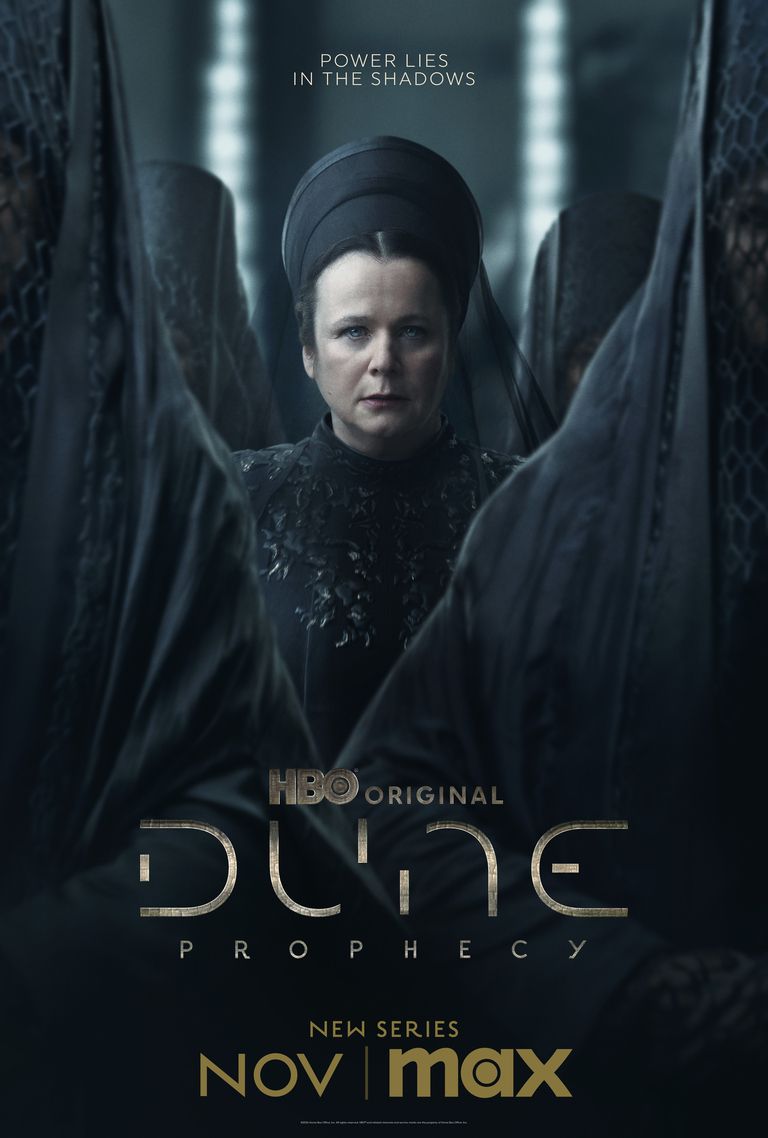
TV series set in the 'Dune' universe which centers on the lives of the Bene Gesserit.
Writers Diane Ademu-John , Kevin J. Anderson , Brian Herbert , Frank Herbert

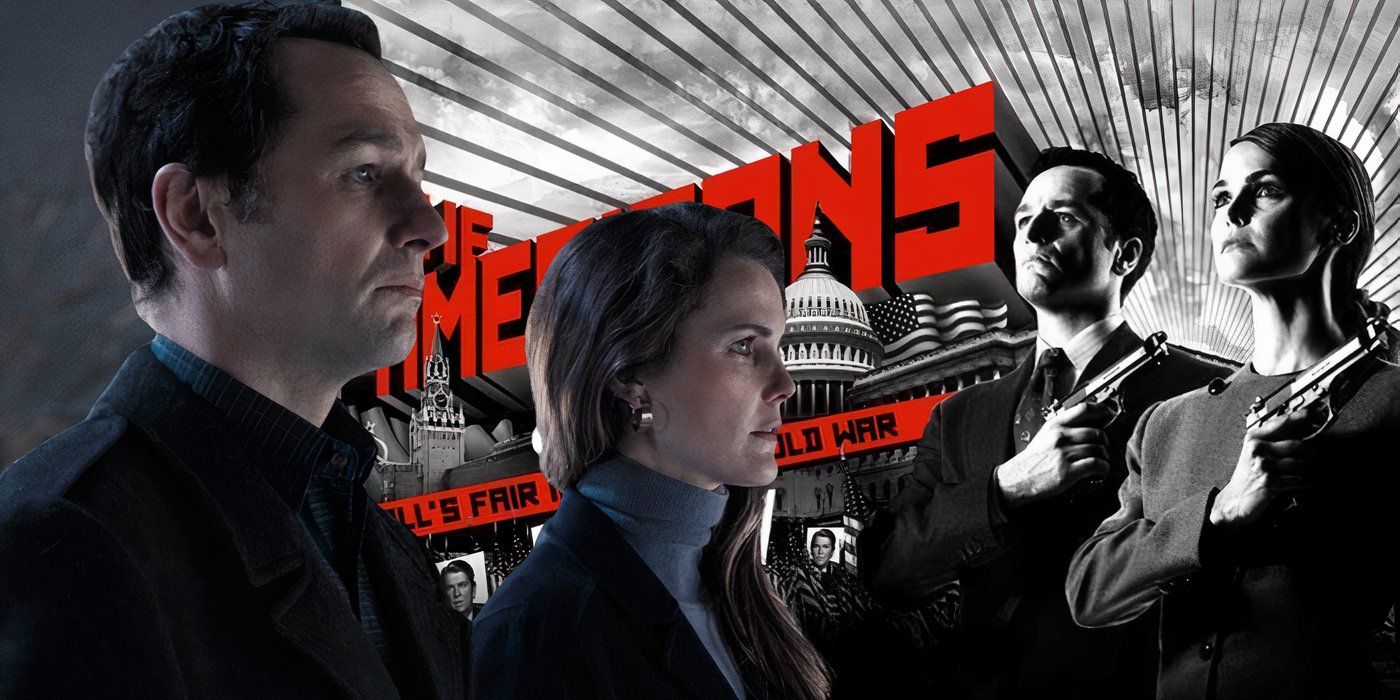
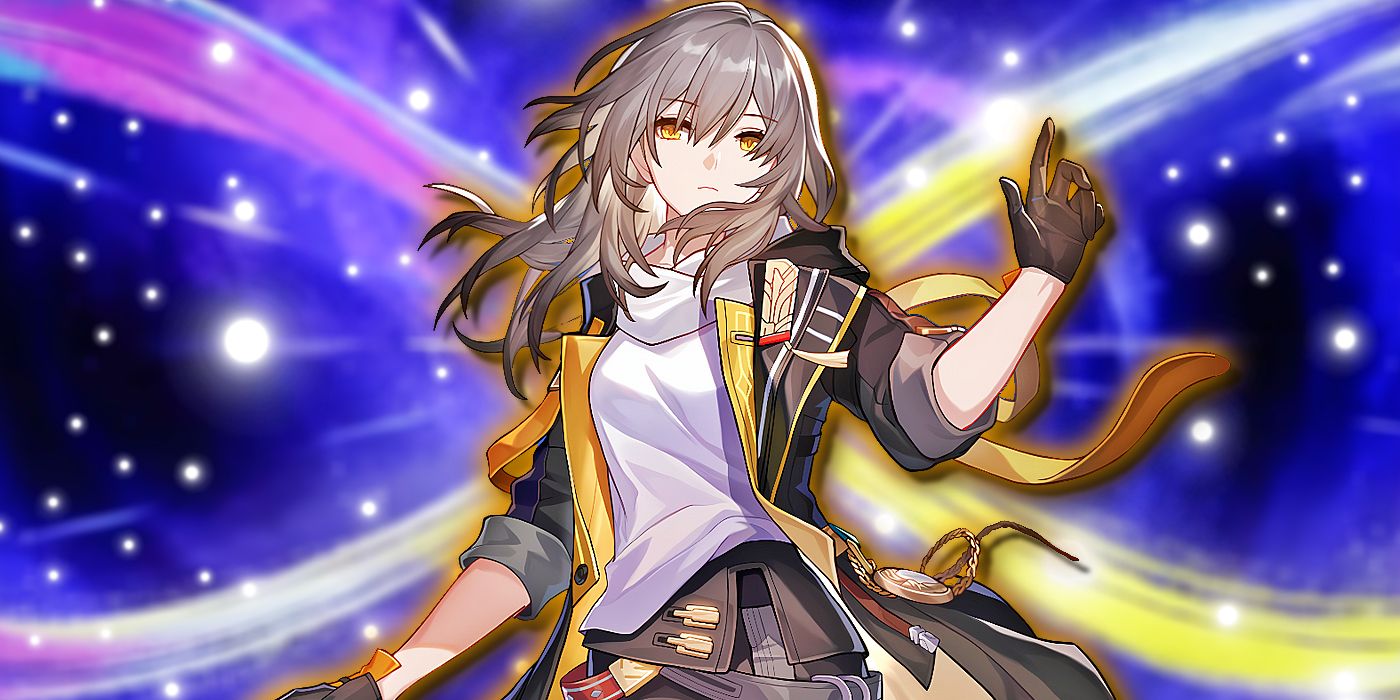
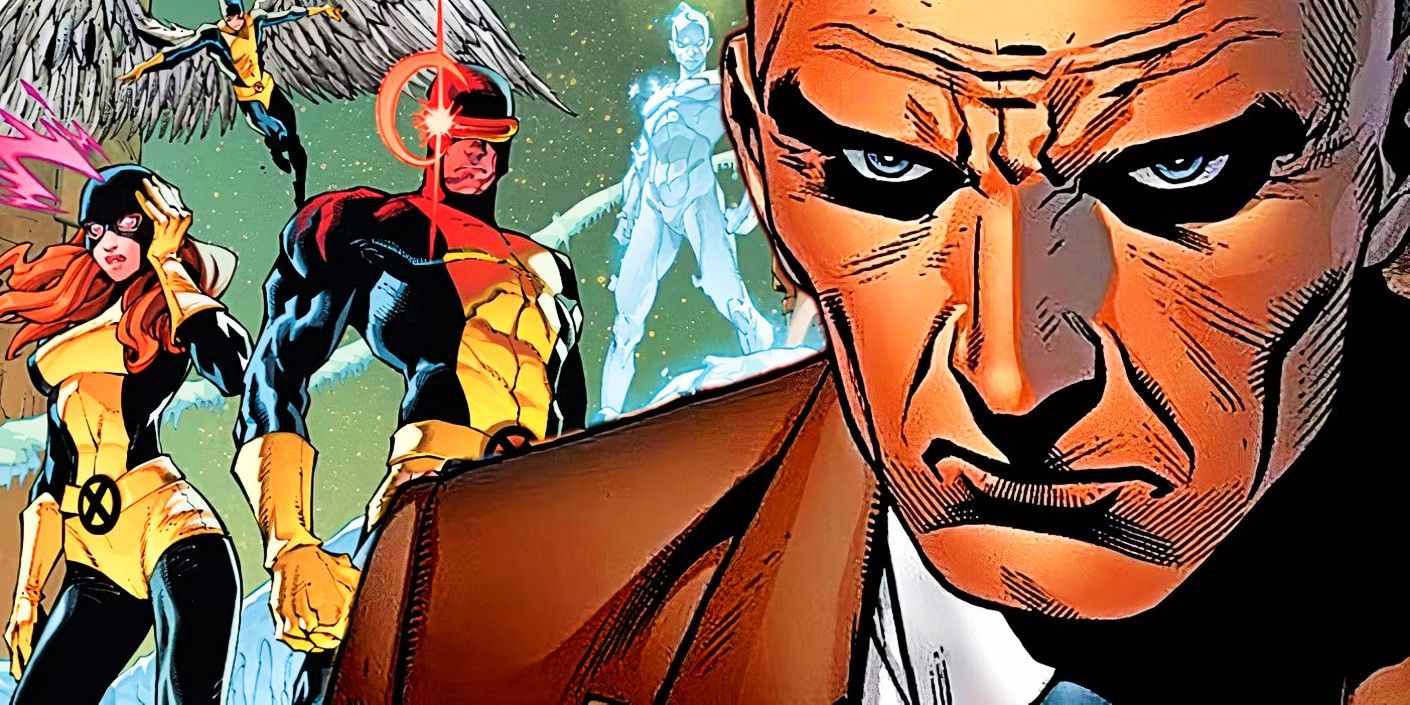





 English (US) ·
English (US) ·